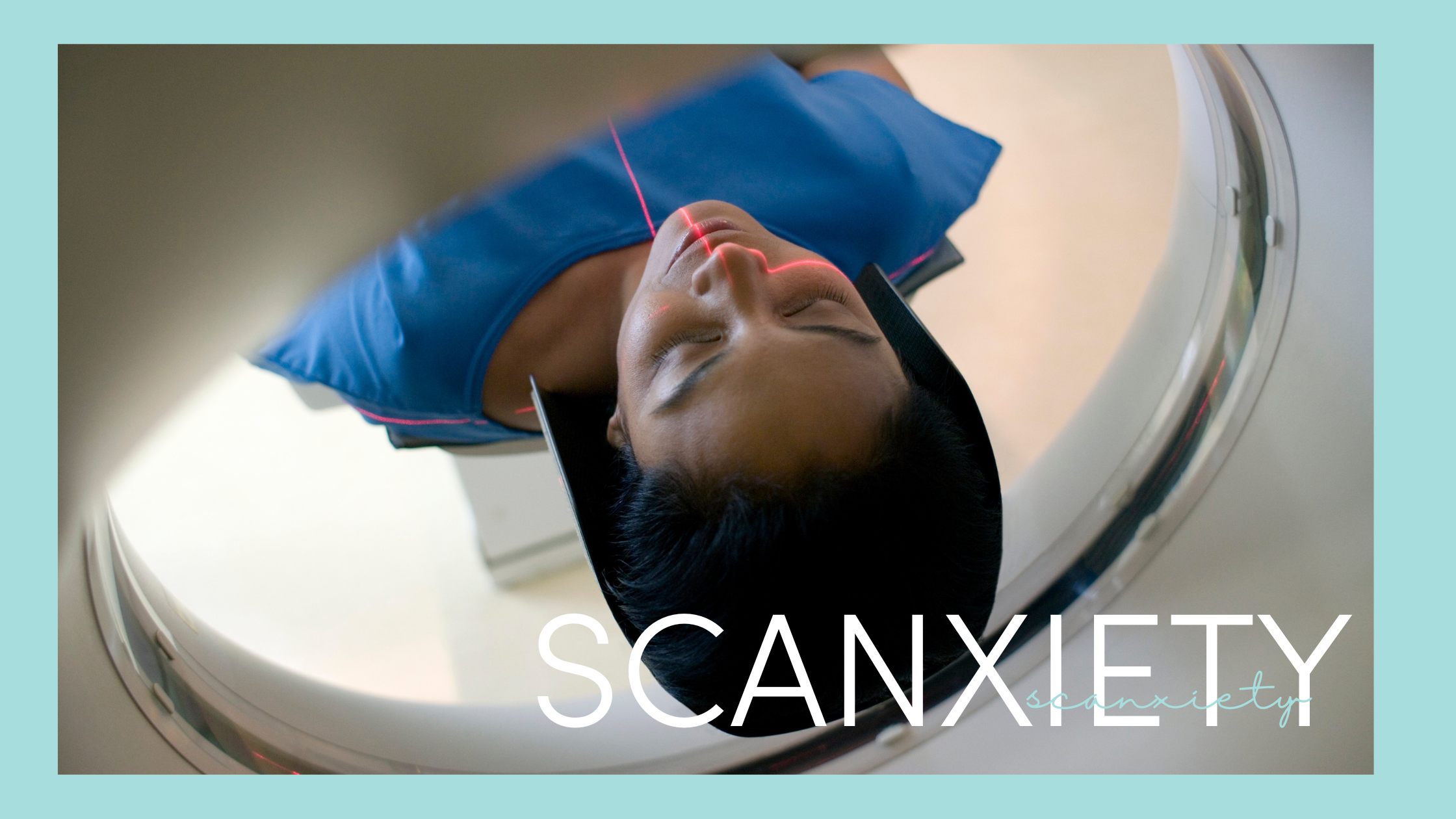We all have days when our energy feels depleted and it's even more difficult when you live with a chronic illness (or multiple). Having low energy can make even the simplest tasks feel overwhelming and can have a significant effect on your mental health. When your motivation is low, and everything feels like a struggle, how do you find the drive to keep going?
When I was going through some of the most difficult times of cancer treatment, some days it was all I could do to get out of bed to go to the bathroom. Some periods were nights on end of 39+ degree fevers, chills and shakes. The mental stamina required to not fall apart used a lot of energy and I was already expending so much physical energy as my body was handling the fevers.
Over time I learnt to recognise the signs of the fever starting, or the dip in my mood and used some techniques to help me through. One thing that became my mantra throughout all of this was "One Day at a Time".
There are ways to recharge, refocus, and push through when you need to. Here are some practical strategies I used that could help you regain your energy and keep moving forward.
1. Acknowledge and Accept How You Feel
The first step is to recognise and accept your current energy and feelings. It’s okay to feel tired or unmotivated. Be kind to yourself instead of forcing productivity. Sometimes, acknowledging that you’re low on energy helps remove the pressure, making it easier to move forward.
2. Break Tasks Into Smaller Steps and Prioritise
When energy is low, big tasks can feel impossible. Instead of tackling everything at once or spinning out of control because it's overwhelming, prioritise what actually NEEDS to be done and put everything else aside. Break tasks into small, manageable steps. Completing even a tiny part a task can build momentum. Focus on what’s truly important and let go of unnecessary pressure. If you need to take a shower, do you really need to wash your hair? Perhaps you can find a chair to put in the shower to conserve the energy and take it really slowly.
3. Move Your Body and Change Your Environment
It sounds counterintuitive, but movement can actually boost energy. A short walk or some light stretching can really help. Some days, a walk from the front door to the mail box was all I could manage and that was fine. Other times it was the end of the street, or to a local cafe. Similarly, a change of scenery can definitely help —switching up your surrounding, stepping outside, or even opening a window for some fresh air can provide a mental reset.
4. Fuel Yourself Properly
This is one that is important all the time but especially for those of us on treatment or with a chronic illness. Poor nutrition and dehydration is an energy thief. Understandably when we are low it is difficult to find the energy to prepare food so asking for help or utilising some hacks here can help. Make sure you’re drinking enough water and eating regularly. When you do have some energy, cut up some vegetables and fruit and even bulk cook some meals that can be frozen. Having food ready and available saves expending valuable energy when we are low. Avoid relying on caffeine or sugar for a quick fix, as they can lead to energy crashes later.
Ask a friend to drop over some supplies or perhaps they can come and help you cook a meal.
5. Rest Without Guilt
Sometimes, the best thing you can do is rest. Taking a short nap, practicing mindfulness, or simply allowing yourself to pause can help restore your energy levels. Resting is not laziness—it’s essential for long-term productivity and well-being.
Let me repeat that.. rest is productive!
Having low energy can take a lot away from us and is difficult to adjust to. By listening to your body, taking small steps, and being kind to yourself, you can find ways to keep going if you need to and rest when you can't. Remember, progress is still progress, no matter how slow. Reward yourself for accomplishing small tasks and give yourself the grace to recharge.
And remember, one day at a time.
xx Jane



